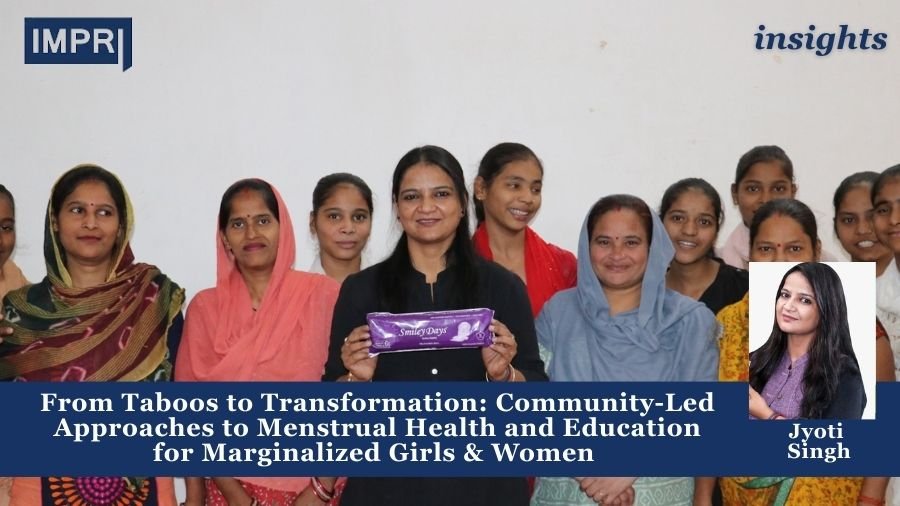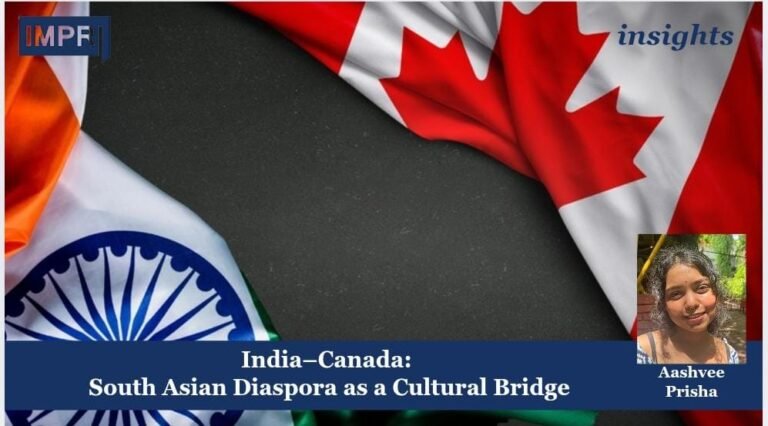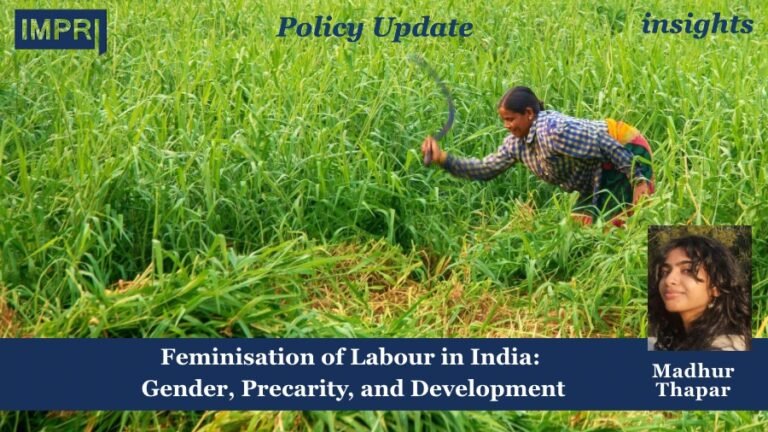Jyoti Singh
“Periods are natural, not shameful. But for many girls and women, they are still treated like a secret to be hidden.”
Across many parts of the world, especially in marginalized communities, menstruation is surrounded by silence, shame, and misinformation. Girls are often taught to stay quiet about their periods. Some miss school. Others face restrictions during their cycle — told not to enter the kitchen, the temple, or even touch food.
But change is possible — and it’s already happening. Communities are beginning to lead the conversation around menstrual health, pushing back against deeply rooted taboos with education, empathy, and empowerment.
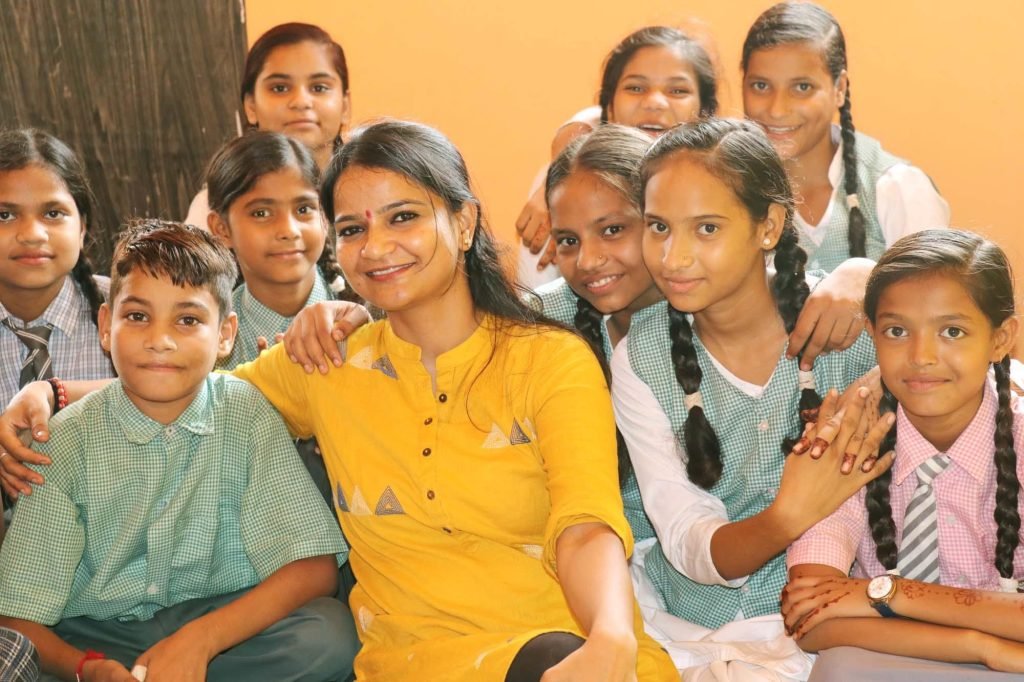
The Hidden Struggles of Menstruation
For many girls and women in underserved areas, managing menstruation is not just a matter of hygiene — it’s a daily struggle tied to poverty, patriarchy, and misinformation.
In many of these communities:
- Girls use unsafe materials like old rags or unhygienic practices due to a lack of access to sanitary pads.
- Schools and public toilets often lack clean, and unfunctional.
- Menstrual education is either completely missing or covered in shame and myths.
- Cultural taboos lead to social isolation during menstruation — some girls and women are not allowed to cook, attend school, or even sleep in their own homes; they are restricted from doing many daily practices.
In my own work at the grassroots level, I’ve seen firsthand how these realities affect the lives of young girls. Many adolescent girls miss school every month, fall behind, and eventually drop out— all because of a natural biological process.
These are not isolated cases; they are symptoms of a larger issue: the systemic neglect of menstrual health as a basic human right.
Community-Led Change: Shifting the Narrative

While policy-level interventions and NGO programs are crucial, the most sustainable and impactful solutions are those created by the community itself. When local women, youth, and leaders become active participants in menstrual health advocacy, real transformation takes root.
Over the last 15 years of working with communities and as a volunteer consultant with Indian Dreams Foundation (a Grassroot NGO), I’ve seen that change becomes meaningful when people own the change.
To strengthen this mission, I founded a social enterprise called WOMEN CONNECT WORLDWIDE LLP and launched Smiley Days sanitary napkin one and a half years ago. Smiley Days provides affordable, economical, and high-quality sanitary pads to women and girls in underserved communities as well as in privileged groups. Our goal is simple: every woman — no matter where she lives — deserves access to safe menstrual products with menstrual education and the right to manage her periods with dignity & confidence.
Smiley Days is not just a product — it’s a movement. It stands for dignity, choice, and equality. We work directly with communities to raise awareness, educate women and girls, and make sure they have access to the resources they need. By distributing locally through women, we also create livelihood opportunities for women.
These are not one-time interventions. They’re part of a long-term cultural shift, where periods are no longer whispered about in shame but spoken about with confidence and clarity. We also set up a helpline number where girls and women call to ask the sanitary napkins, our Smiley Days team deliver the product to their doorstep. The Smiley Days are also provided in local shops where women can buy them easily.
Breaking the Silence, One Conversation at a Time
Community-led approaches focus on education — but not in the traditional top-down way.
Instead of experts talking at people, change happens when girls, mothers, teachers, and local community leaders become part of the dialogue.
I’ve seen powerful examples of this:
- Girls leading peer education circles in schools.
- Mothers who once avoided the topic now guiding their daughters.
- Youth volunteers distributing pads and talking openly about periods in slums and rural areas.
- Boys and men who were once indifferent now becoming allies and advocates.
- Some husbands make call on our helpline and ask for sanitary napkins for their wives.
These efforts matter. They create safe spaces for learning and healing. They help replace myths with facts. And most importantly, they show that menstrual health is not just a “women’s issue” — it’s a societal issue.
From Stigma to Strength: Why This Work Matters
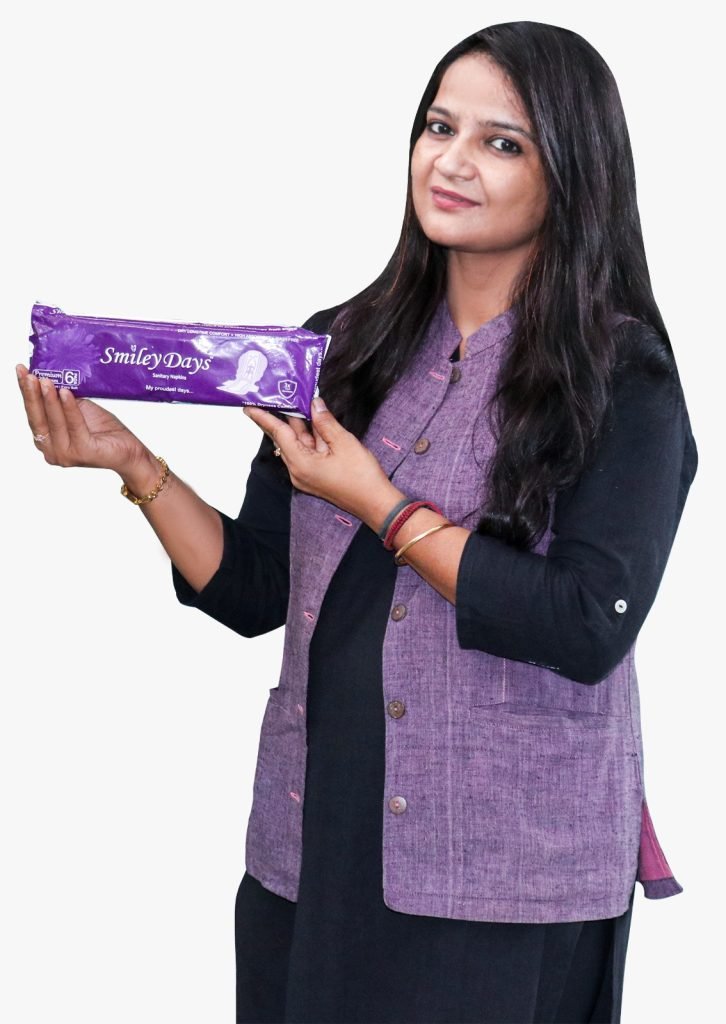
The work around menstrual health is not only about hygiene — it’s about human dignity, equality, and opportunity.
When a girl has access to pads and proper facilities, she stays in school. When a woman isn’t shamed during her period, she participates more fully in work and community life. When families and schools talk openly about menstruation, myths fade, and confidence grows.
Working on this issue for over a decade has taught me that small actions lead to big changes. Whether it’s a conversation in a community meeting or handing out pads during a field visit, each moment chips away at the wall of silence.
Through Smiley Days, I’ve witnessed these small transformations — girls walking into school confidently during their periods, women proudly discussing their cycles, and families supporting their daughters instead of shaming them.
If we want true menstrual equity, we must act together — as individuals, as communities, and as a society.
Here’s what we all can do:
- Talk about menstruation openly, at home and in public spaces.
- Include menstrual education in school curriculums.
- Support local and community-led initiatives that provide affordable pads and awareness.
- Normalize periods in media, workplaces, and healthcare.
Menstruation is not a problem. The problem is the silence, shame, and stigma that surround it. The transformation begins when we stop whispering and start speaking — with pride, with facts, and with empathy.
Through initiatives like Smiley Days and my work with the Indian Dreams Foundation, I’ve learned that dignity, health, and equality are not luxuries — they are rights. And every girl and woman, regardless of where she lives, deserves them.
Let’s keep the conversation going — and ensure that no girl is ever made to feel ashamed of her own body again.
About the contributor: Jyoti Singh is the Founder of Women Connect Worldwide LLP, Agra, India, and Senior Consultant at Indian Dreams Foundation, Agra, India. She is a fellow of the YWLPPF 3.0 – Young Women Leaders in Public Policy Fellowship, Cohort 3.0.
Disclaimer: All views expressed in the article belong solely to the author and not necessarily to the organisation.
Read more at IMPRI:
Raksha Mantri Ex-Servicemen Welfare Fund (RMEWF),2023
Climate Finance Politics: India’s Strategic Push Ahead of COP30
Acknowledgement: This article was posted by Rashmi Kumari, a research intern at IMPRI.

